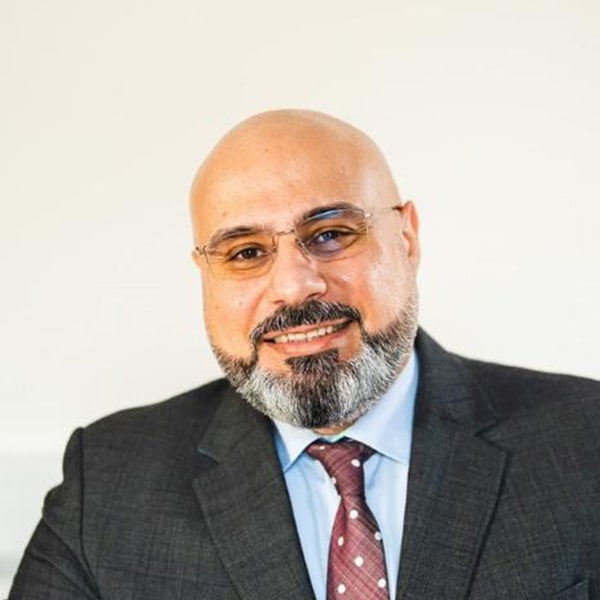
Assessment, Diagnosis and Management of Autism
At Anchor Psychiatry Group all our Consultant Psychiatrists are highly experienced in the assessment and diagnosis of adult autism, other neurodivergent conditions, and co-morbid mental health problems.
We offer a choice of adult autism diagnostic assessments. You can opt to undergo an assessment with one of our Consultant Psychiatrists only or choose a multidisciplinary assessment with one of our Consultant Psychiatrists and our Occupational Therapist.
For more information then please see details in our FAQ section below.
Having these 2 assessment options ensures that you can access a multidisciplinary assessment that meets the NICE guidance (National Institute for Health and Care Excellence) recommendations whilst remaining a therapeutic and useful experience if this is important to you. NICE advises that adult autism assessments should be team based and draw on a range of professions and skills. However, we recognise that for many adults seeking a diagnostic opinion, undergoing an assessment with an experienced psychiatrist is sufficient for their needs. Our FAQ section explains both options in detail.
Future Steps Post Autism Diagnosis
Many people we work with can benefit from post-diagnostic support and coaching. This can help people to understand their unique neurodivergent profile and work on specific areas such as managing sensory sensitivities and strengthening executive functioning. Our team Occupational Therapist, Claire Davids, is very experienced in working with neurodivergent people and can provide post-diagnostic support and coaching if required.

Adult Autism Assessment Frequently Asked Questions
How to Access Our Adult Autism Assessment Services
Our team of Consultant Psychiatrists possesses extensive expertise in evaluating and diagnosing adult autism, along with other neurodivergent conditions and co-morbid mental health issues.
To avail of our services, we strongly recommend consulting your general practitioner (GP) and seeking an initial referral. This step holds utmost importance as your GP plays a central role in coordinating your healthcare, facilitating smooth communication among professionals, and maintaining the highest standards of care.










